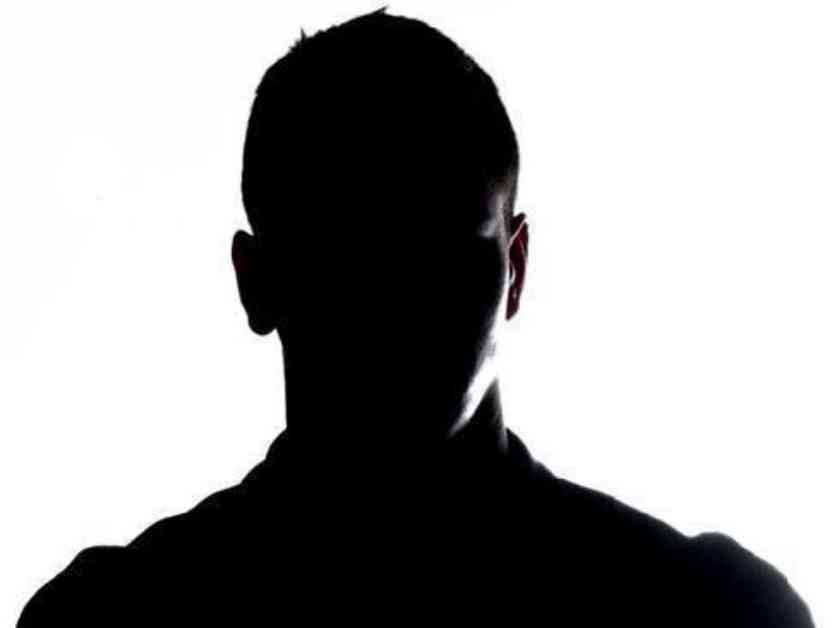A former Metropolitan Police officer found guilty of possessing child abuse images and engaging in inappropriate communication with a minor will remain unnamed to protect his human rights, according to a recent misconduct hearing.
Back in April 2023, the officer’s residence was searched following intelligence from the National Crime Agency suggesting his involvement in the distribution of indecent images and videos. Subsequent investigations uncovered evidence of sexualised communications with a minor.
In July of this year, he was convicted of possessing 215 indecent images of children, distributing such images, and engaging in sexual communication with minors. However, during the Met Police misconduct hearing on August 8, it was determined that revealing the former officer’s identity would violate his human rights.
A forensic psychiatrist testified that the ex-officer’s mental health was in a fragile state and that he had even made plans for suicide if his name were to be disclosed publicly. It was argued that naming him would contravene his right to life under Article 2 of the European Convention of Human Rights.
Assistant Commissioner Laurence Taylor, the decision-maker at the hearing, stated, “I am reluctantly forced to the conclusion that there is a ‘real and immediate’ threat to the life of former police officer X in a tangible sense, and therefore I must grant him anonymity.”
While the anonymous officer would have faced dismissal if he were still in active service, the misconduct hearing opted to protect his identity due to the perceived risk to his life.
Protecting an individual’s human rights is a fundamental aspect of the justice system, even in cases as serious as this one. The decision may spark debate about the balance between transparency and the right to privacy, especially in cases involving criminal activities by those in positions of authority.
The case highlights the importance of considering mental health and well-being in legal proceedings, as well as the complexities of upholding human rights in challenging circumstances. It serves as a reminder that the legal system must navigate delicate ethical dilemmas while ensuring justice is served for all parties involved.












